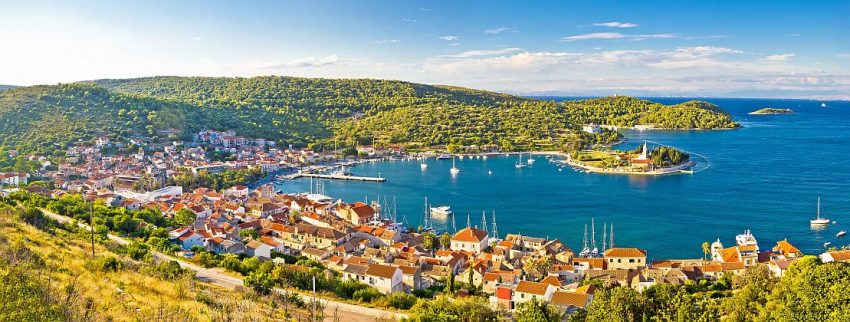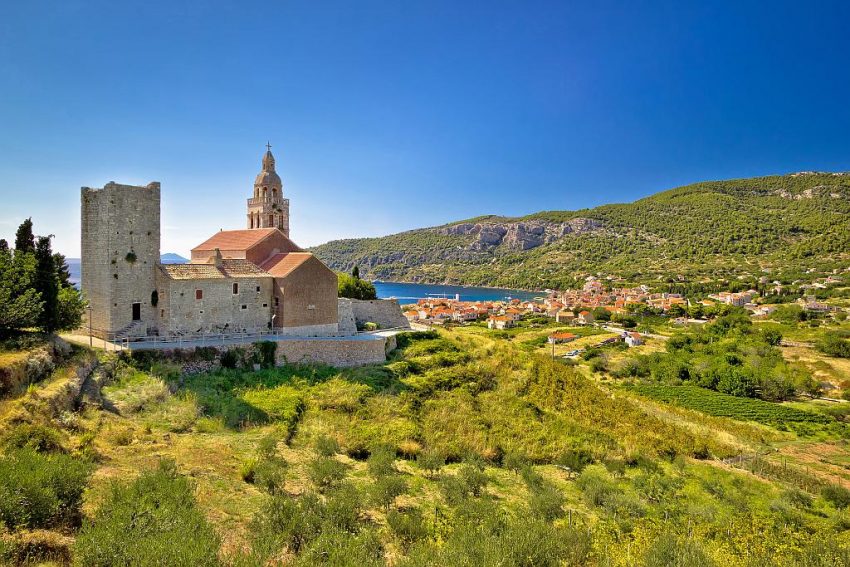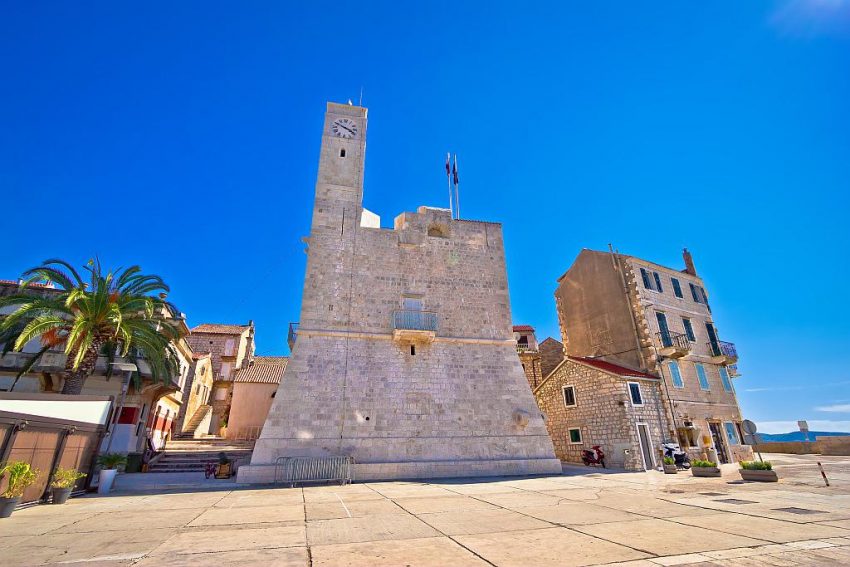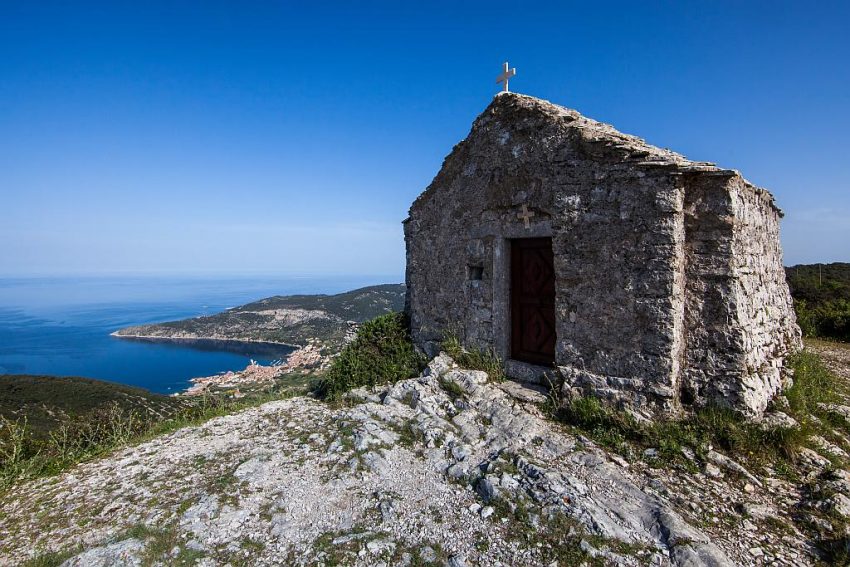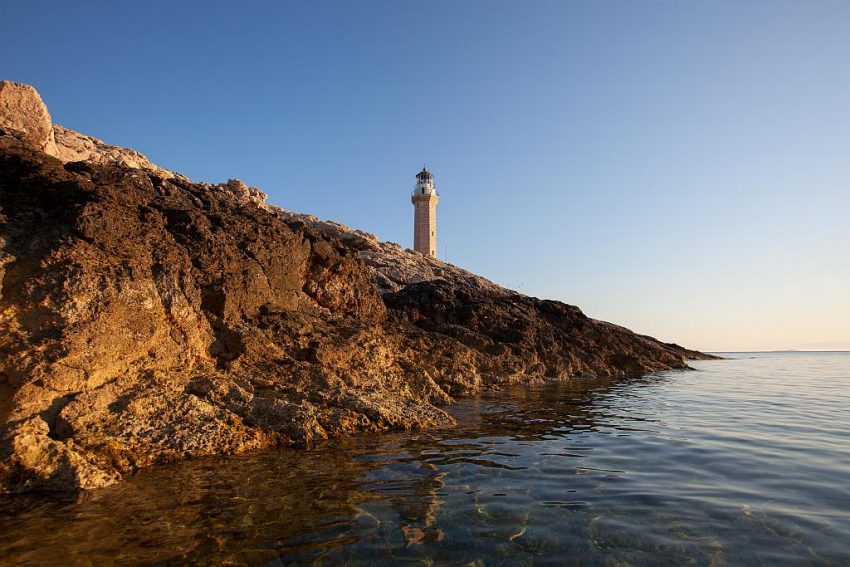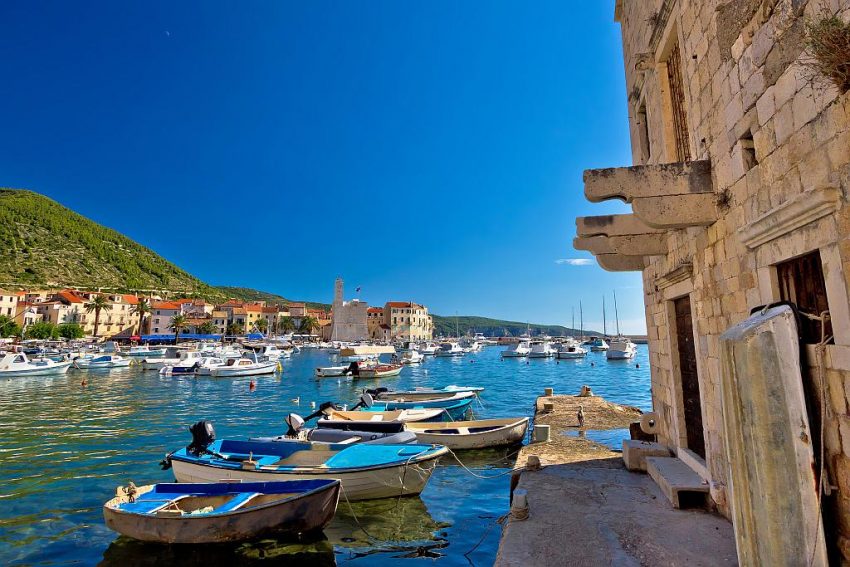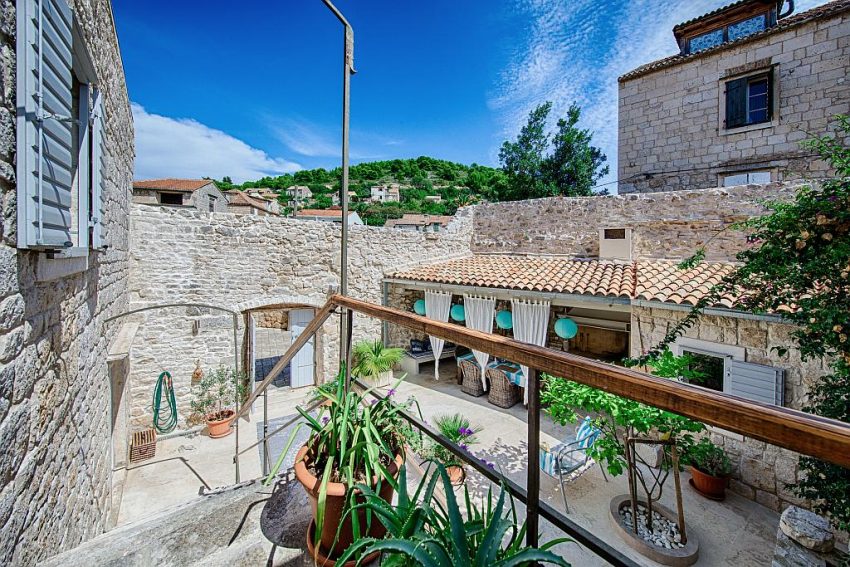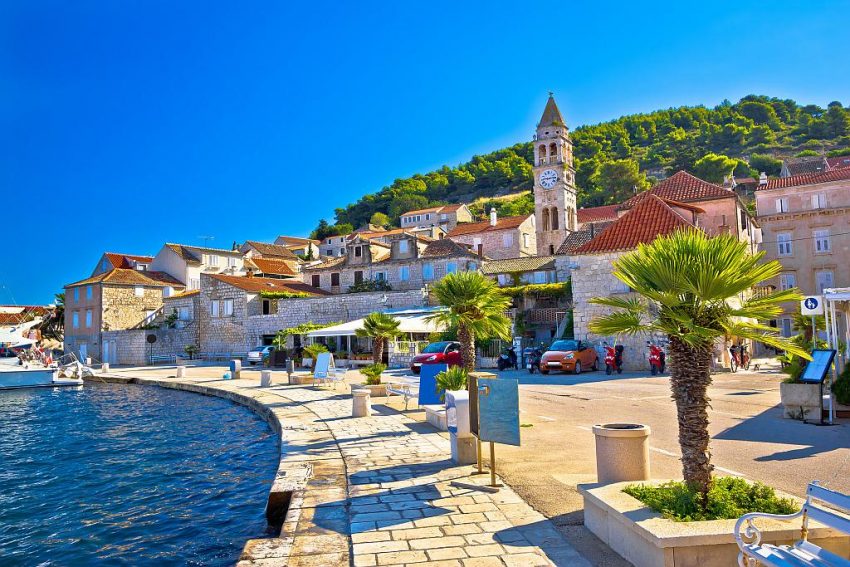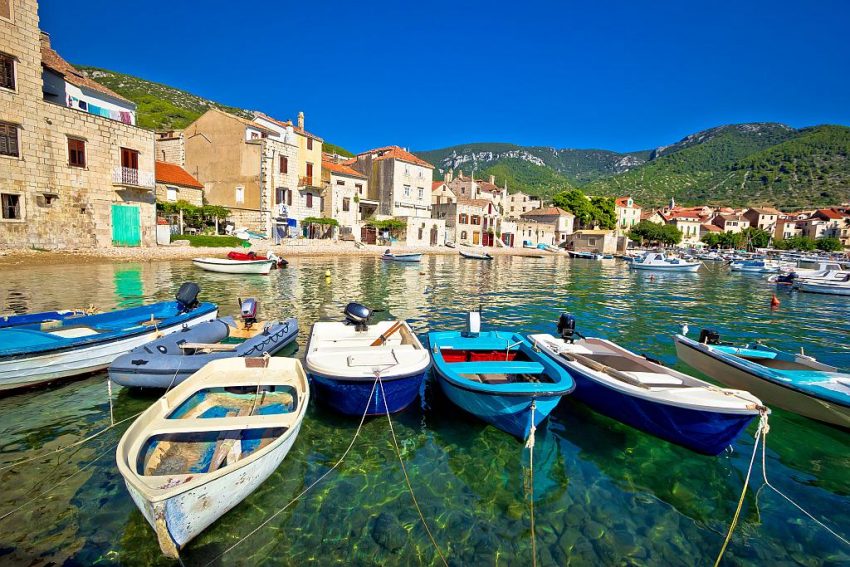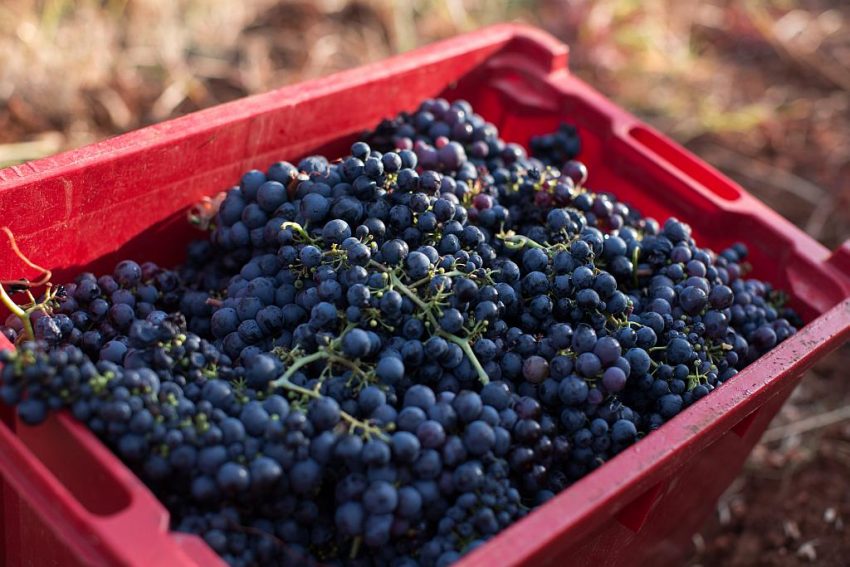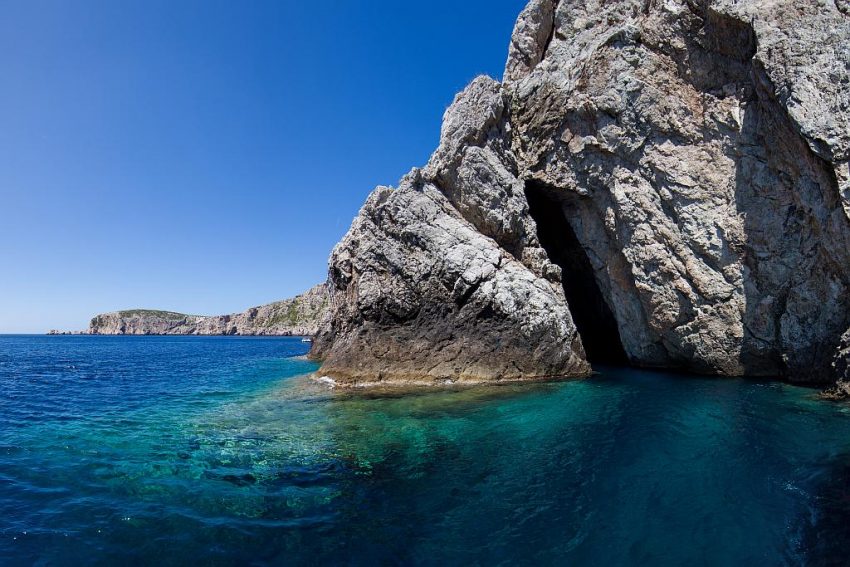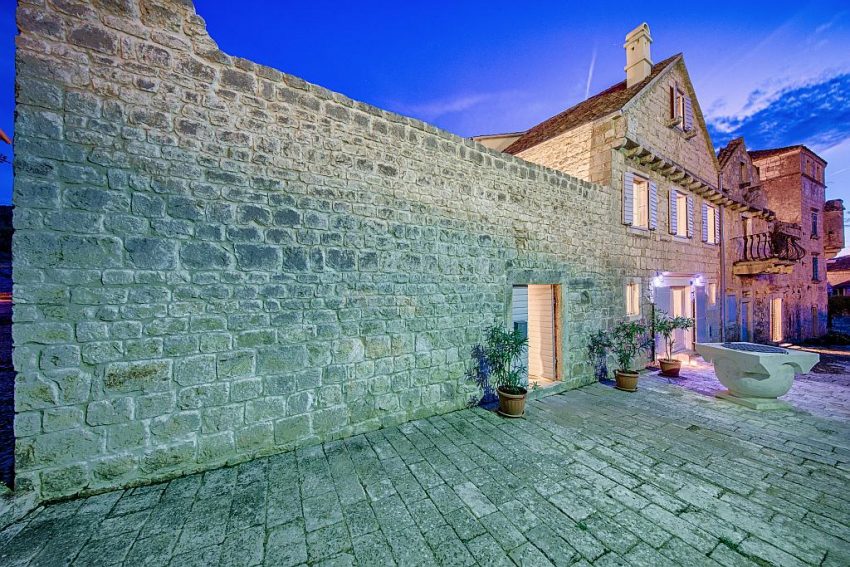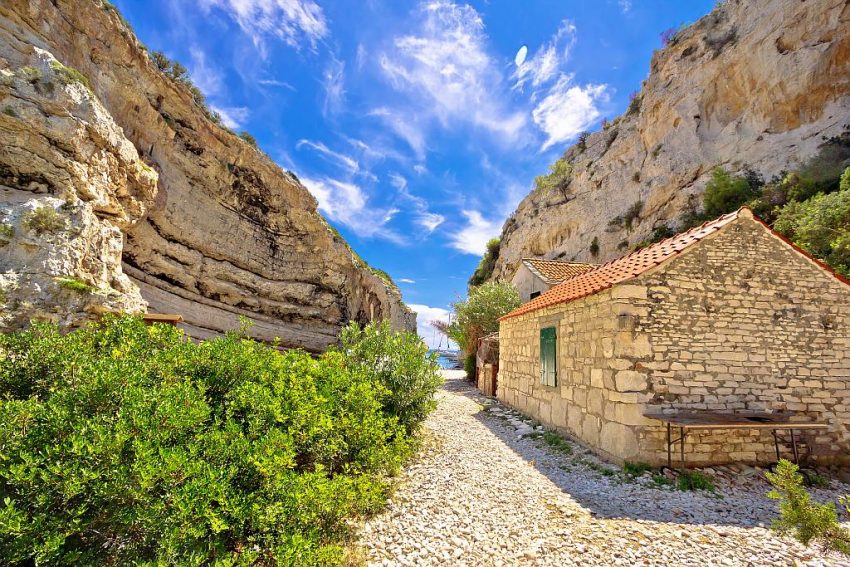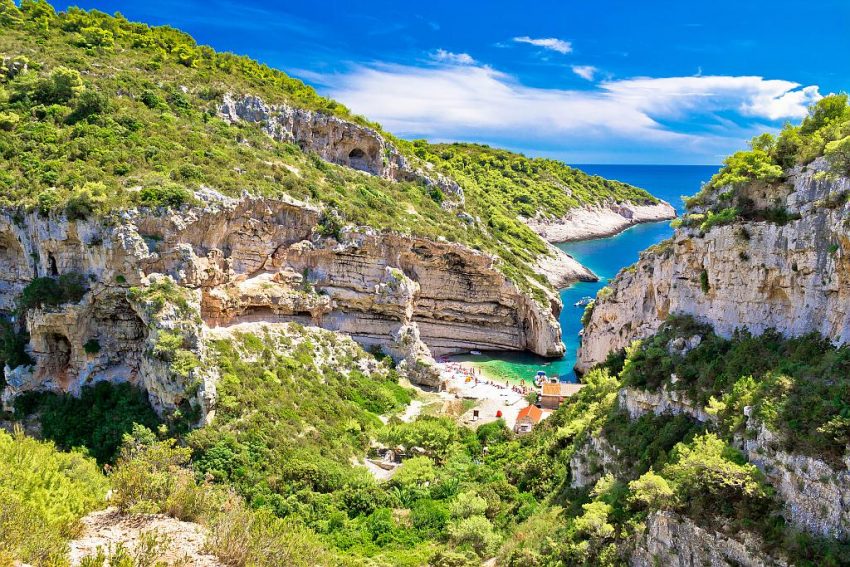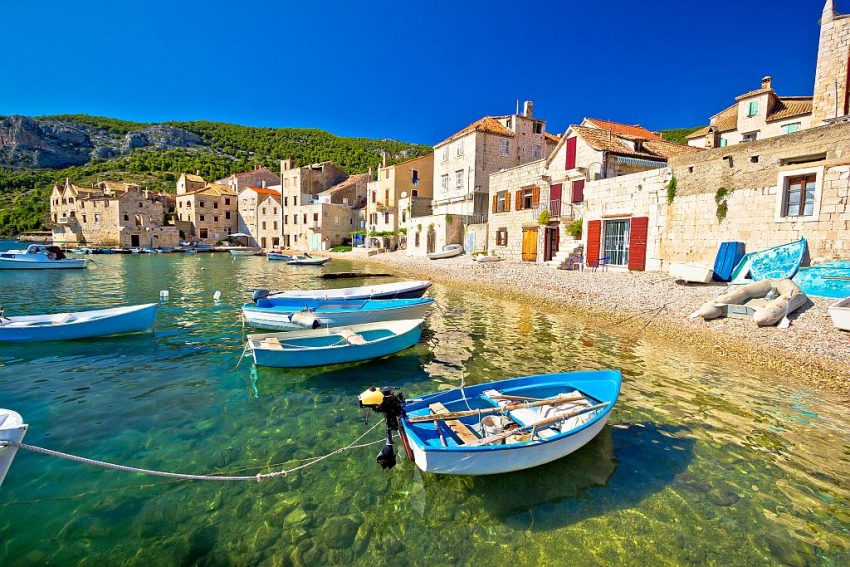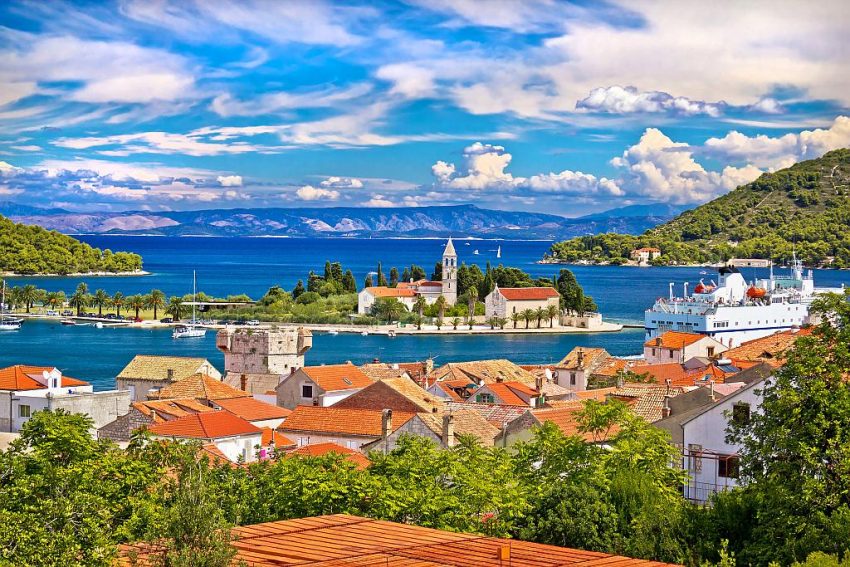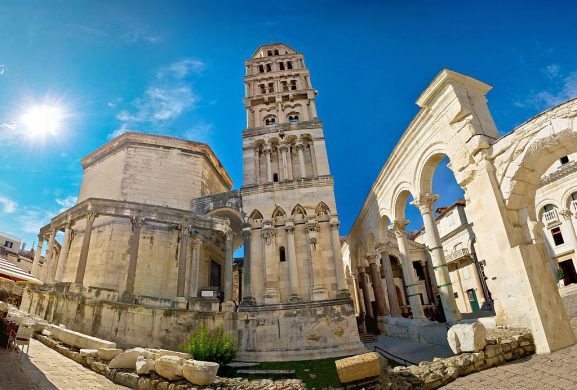Fascinating island of Vis in photos
Vis is a small island in Central Dalmatia, known for its stunning landscape, amazing caves, beautiful beaches like the Stiniva beach, cultural heritage and gourmet delights. It is a perfect place for those in search of relaxation, excellent food, and wine. The island’s two largest settlements are the town of Vis and Komiža, where you can discover the rich cultural heritage of the island as it has been inhabited since the Neolithic period. In the 4th century BC, the Greek tyrant Dionysius of Syracuse founded the colony Issa on the island. After which the island became an independent polis founding its own colonies, but it didn’t last long. Just as other parts of Dalmatia, over the centuries, the island was under the rule of many different empires that have left a legacy which is still evident.
There are many amazing places to see and thing to do on the island other than enjoying in the sun on some of the island’s most beautiful beaches like Stiniva and Kamenica beach. You can visit the archaeological museum in the town of Vis and an interesting finishing museum in Komiža. Explore the cultural heritage of the island by visiting the rests of antique Issa (thermae, necropolis, theater, parts of the port), Hellenistic Necropolis, fortresses, impressive military tunnels built during the WWII or scuba dive near the wrecks of the tugboat Ursus or heavy bomber aircraft wreck.
One of the best ways you can immerse yourself in a culture of a state you are visiting is through the food. Local delicacies will answer many questions about the history, nature and the way people lived there. On the island, you can taste many fresh seafood specialties, like the famous Vis and Komiža flat cake (Viška or Komiška pogača), an ancient recipe brought on the island by Dionysius of Syracuse in 397 BC. There are two types, one is Viška pogača which is prepared with sardines and onions and the other one is Komiška pogača prepared with sardines, onions and tomato sauce. The island of Vis has also its own distinct grape vugava, cultivated since ancient times.
